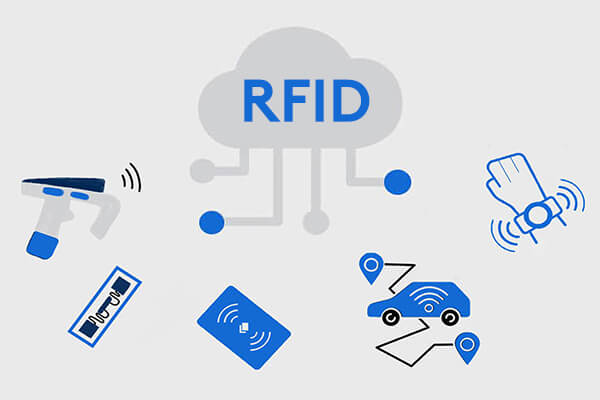Access control and financial transactions are now quicker and more seamless than ever due to advantageous technological advancements. RFID is an emerging technology that is rapidly growing in popularity. RFID cards transmit payment or grant access via radio frequency instead of swiping your card and providing information through the magnetic stripe on the back. These cards are safe due to the built-in protections of the new EMV chips found in some credit and debit cards. These RFID cards can be used in;
1. The hotel industry
Guests and staff in the hotel industry require access cards. Other than the magnetic/swipe cards, hoteliers also offer proximity RFID cards that can be used to access specific areas of the hotel like rooms, elevators, some restaurants, gym, spa, and sauna. Though they are more expensive, RFID cards are more durable, difficult to hack or copy, customizable, can be easily deactivated, programmable, are anonymous, and only the computer and authorized user may know which door(s) the card will unlock. In case the card is lost, stolen, or misplaced, it can be deauthorized making it effectively disposable, therefore, the cards are more cost-effective when it comes to hotel security. Learn more here.
2. For payment
RFID cards can be used for tap-and-go credit card payments. One can make purchases without waiting for the chip reader or entering a PIN but just with a wave or tap. This makes it difficult for anyone trying to skim your information with their device as your card needs to be quite close to the reader to transfer information. RFID cards can make payments safe for both the employee and consumer as they are contactless.
3. For fuel management systems
RFID cards simplify management for retail fueling stations and commercial fleets when integrated into fuel management systems (FMS). Incorporating the cards increases visibility into numerous operational functions such as accurate billing, monitoring and controlling costs, identifying and authorizing unique vehicles to dispense fuel from dedicated fueling stations. Customer vehicles equipped with RFID vehicles tags and RFID-enabled gas stations can implement cashless payment using RFID cards, customer loyalty programs, and efficient fueling processes.
4. For access control
RFID cards used for access control can carry personal data relating to the cardholder. They show a record of the cardholder clocking in or out and can be activated or deactivated at the moment’s notice. The cards work alongside readers and access control systems to provide secure entry to a building. In the hotel industry, the management can know what time an employee entered the premises and whether they have been in their designated area of duty. Using the card, a guest can also know the exact time their room was cleaned.
5. In public transport
RFID cards can allow authentication of passengers and payment. The designed transport system consists of RFID cards as an e-ticket, OBU (On-Board Unit), and an access point at a stop location. The OBU read’s the passenger’s data and sends it to the server. Therefore, by tapping the RFID card a passenger can pay on OBU installed in the vehicle either when they board or alight.
Conclusion
RFID cards are adding speed, efficiency, accuracy, and security to an ever-expanding range of applications. However, implementing the cards is meaningless without a secure electronic control system. Learn more about RFID cards.
Click here to learn the very 1st plastic-like paper card, the latest eco-friendly RFID card.
.png)
